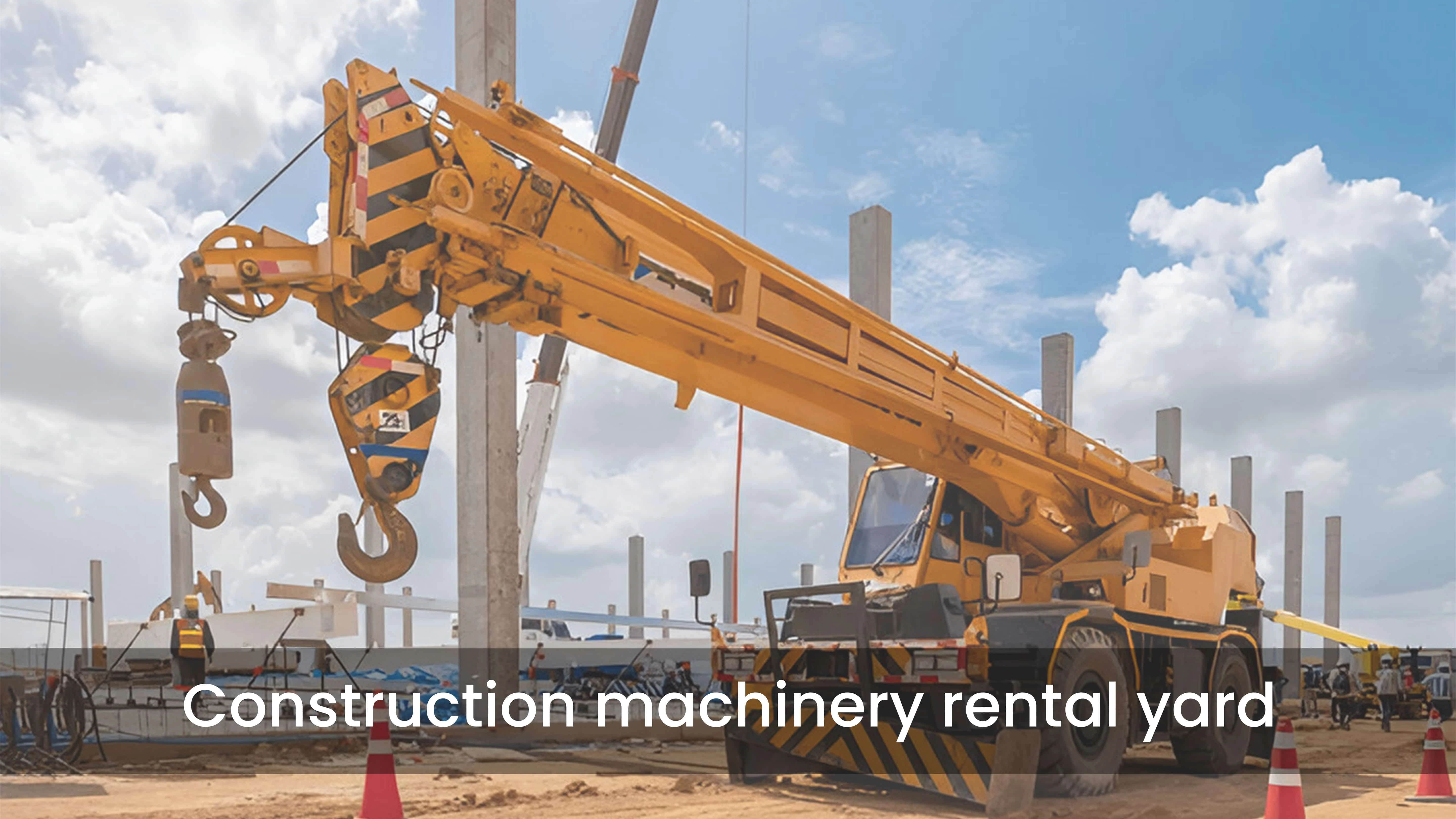
Introduction: Why Rentals Are Picking Up Pace in India
India's rental economy is growing rapidly. Renting over buying is increasingly popular because of considerations such as the environment, price-conscious buyers, and increased urbanisation needs. Rentals are convenient, affordable, and offer flexibility for anything from vintage equipment to contemporary fashion.
Established Rental Businesses in India
Rental of Equipment & Machinery

Industrial and construction sectors have relied on heavy-equipment rentals—bulldozers, cranes, forklifts—since the 1990s.. Businesses such as ULTRA TECH & Quippo initiated asset leasing that pioneered full-service rental models, developing mobile-access platforms and B2B marketplaces. The Indian construction equipment rental industry grew to INR 24,000 crore in 2023, expected to grow at a CAGR of 12% until 2030 (Source: Frost & Sullivan).
Event & Party Rentals
Audio/video systems, tents, decor, lighting—critical to India’s celebratory culture. Enterprises like Ridhi Sidhi Event Solutions began serving local customers and expanded statewide with fleet investments and online booking features.
Vehicle & Automobile Rentals
Bike rentals: Firms like Yulu and Vogo burst into popularity in 2017–2018, solving urban mobility with dockless app-based scooters. Car rentals: Zoomcar (established 2013) launched self-drive vehicles; Groww also expanded services to cover intercity travel. India's shared mobility market grew to USD 1.3 billion in 2024, with self-drive vehicles expanding at 23% CAGR between 2020–2024 (Sources: Statista, Niti Aayog).
Real Estate & Property Leasing
Residential and commercial leasing is the cornerstone of India’s property rental sector. Biggies such as NoBroker, MagicBricks, and 99acres revolutionized renting by streamlining the tenant-owner match, adding payment and maintenance functions. The rental property sector reached USD 120 billion in 2023, likely to surpass USD 180 billion by 2028—a CAGR of 8.5% (Source: Colliers International).
Renting Fashion & Accessories
Early entrants such as Flyrobe (2015), RentAnAttire, and Stage3 introduced aspirational wardrobes with digital fitting rooms and door-step delivery. The rent-to-own fashion industry in India is worth USD 200 million and is likely to double by the year 2026 (Source: RedSeer).
Strategies Behind Successful Rental Businesses
Successful rentals share common expansion tactics:
- 1. Asset aggregation
- 2. Tech adoption
- 3. Flexible pricing
- 4. End-to-end service
- 5. Niche targeting
Emerging Rental Businesses Post‑COVID

Home Office & Tech Equipment
Work‑from‑home surged, increasing demand for laptops, printers, ergonomic furniture. NoBuyRent.com offers tech on rent with subscription models, ideal for students, freelancers, and remote workers.
Fitness & Wellness Equipment
With gyms closing in lockdowns, people rented treadmills, bikes, weights. The fitness equipment rental market grew by 35% YoY in 2021–2023 (Source: Indian Fitness Rental Association).
E‑Mobility Solutions
Electric bike and scooter rentals accelerated post‑2020. Startups like Bounce and Yulu EV launched subscription-based electric fleets.
Camera & Content‑Creation Gear
With content creation booming, rental platforms now offer professional cameras, lighting, drones. Cameraleti saw a 50% rise in demand during 2020–2024.
Role of nobuyrent.com in the Rental Tech Landscape
NobuyRent is a rising star in tech rentals. They offer flexible subscriptions, quick replacements, and digital management.
Critical Market Drivers & Consumer Insights
- Cost-sensitivity
- Millennial & Gen‑Z preference
- Circular economy
- Technology enabling digital contracts and operations
Challenges & Solutions in Scaling Rental Businesses
| Challenge | Solution |
|---|---|
| Asset maintenance | In-house service teams, IoT-based tracking |
| Customer Trust | Ratings, security deposits, insurance |
| Logistics | Hub-and-spoke model |
| Regulatory Issues | Proper documentation for vehicles, electronics |
Future Opportunities & Trends in Rentals
- SaaS across all industries
- Smart, technology-enabled assets
- Vertical specialization
- Hyper-local and P2P platforms
Conclusion
India’s rental ecosystem—rooted in traditional asset-sharing—has evolved dramatically. Post-COVID trends, tech-platforms like NoBuyRent.com, and sustainability drivers are catalyzing new rental categories.


